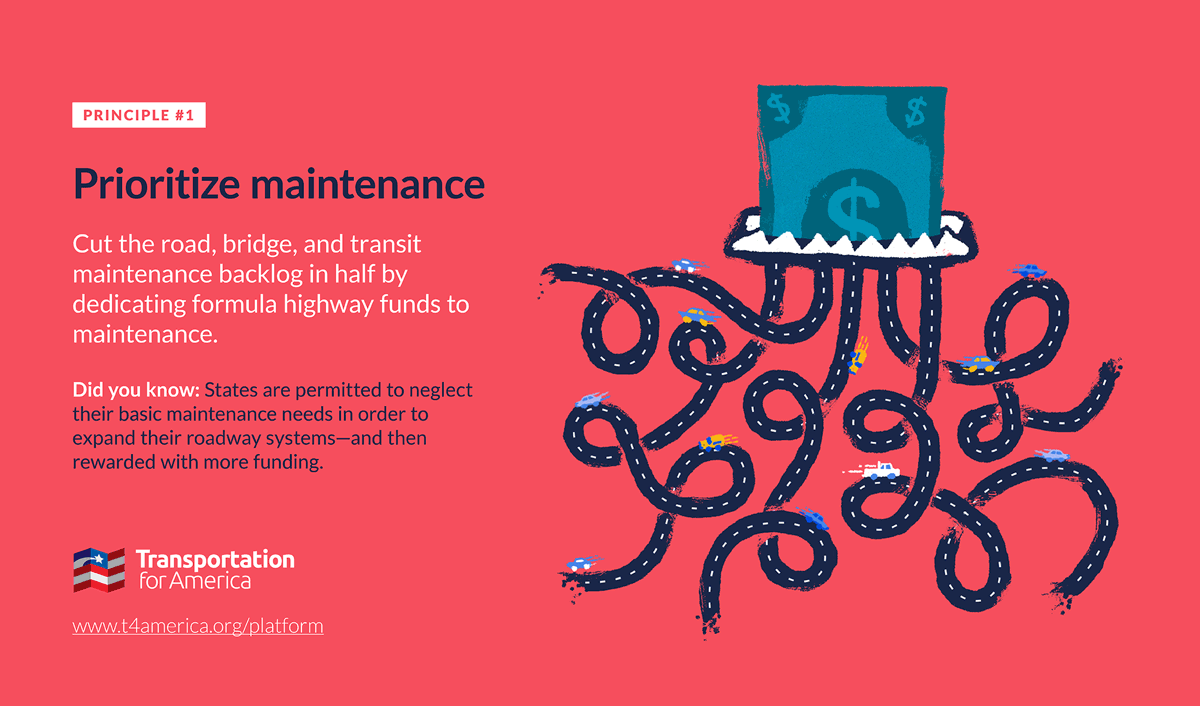Posts Tagged "electric vehicles"
Powering up communities: New grant to accelerate electrification & smart growth
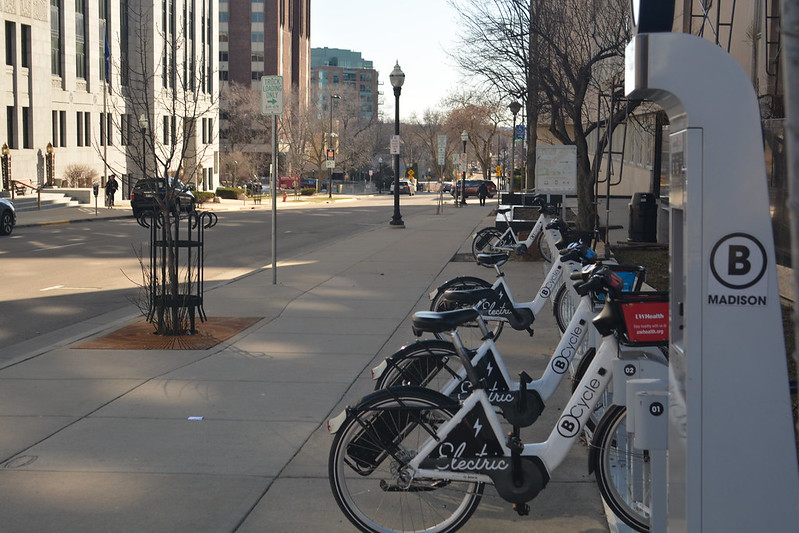
Across the country, municipalities and transit agencies are beginning to embrace electrification in local transportation. They’re showing that the future of transportation does not have to be just electrified cars. And thanks to the Joint Office of Energy and Transportation, there’s a new funding opportunity to help local communities go electric.
Webinar: Transportation electrification and smart growth in the U.S.
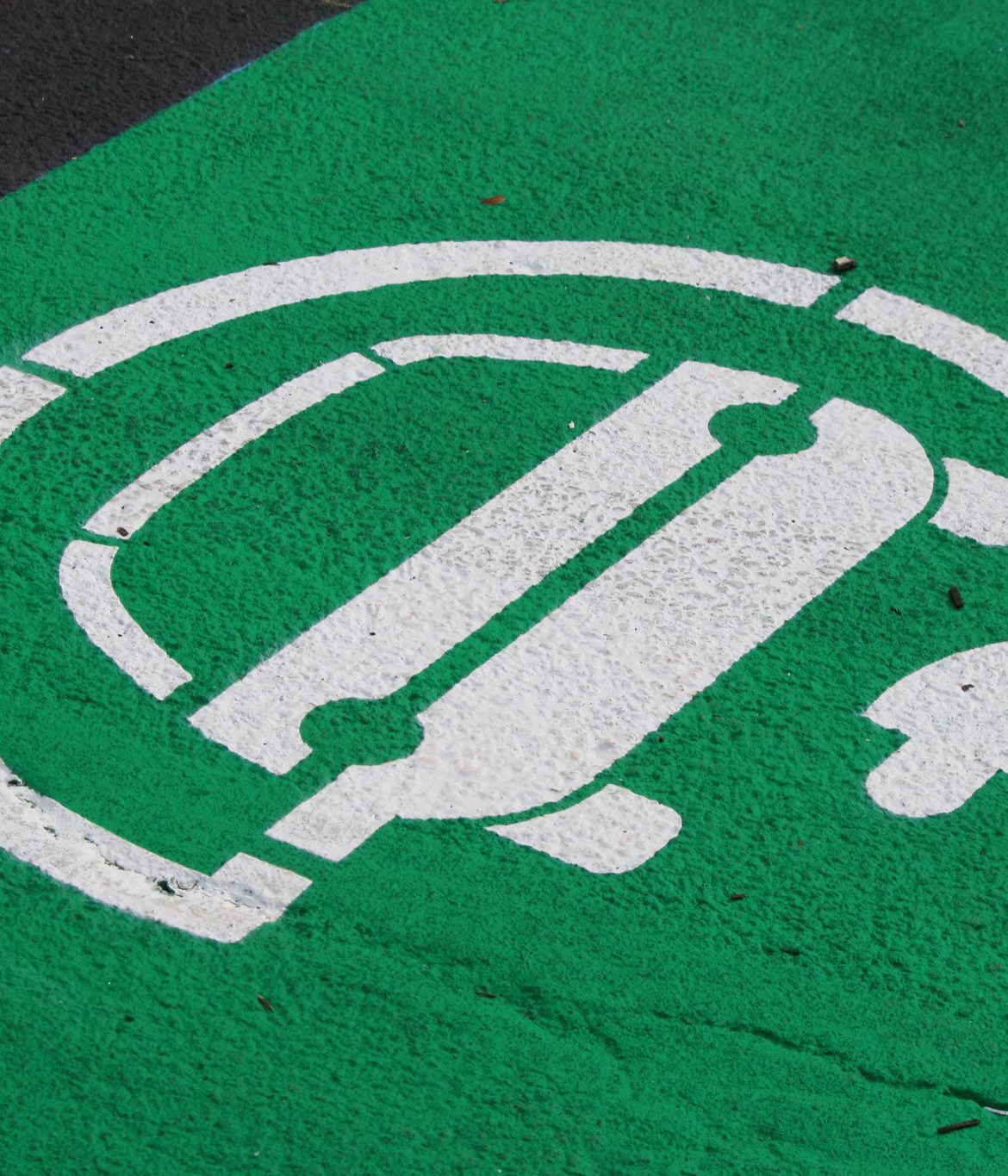
On Tuesday, May 14 from 2 – 3 p.m., we’re partnering with the International Parking & Mobility Institute to offer a free webinar exploring smart growth strategies.
Takeaways from the Smart Growth Electrification Roundtable
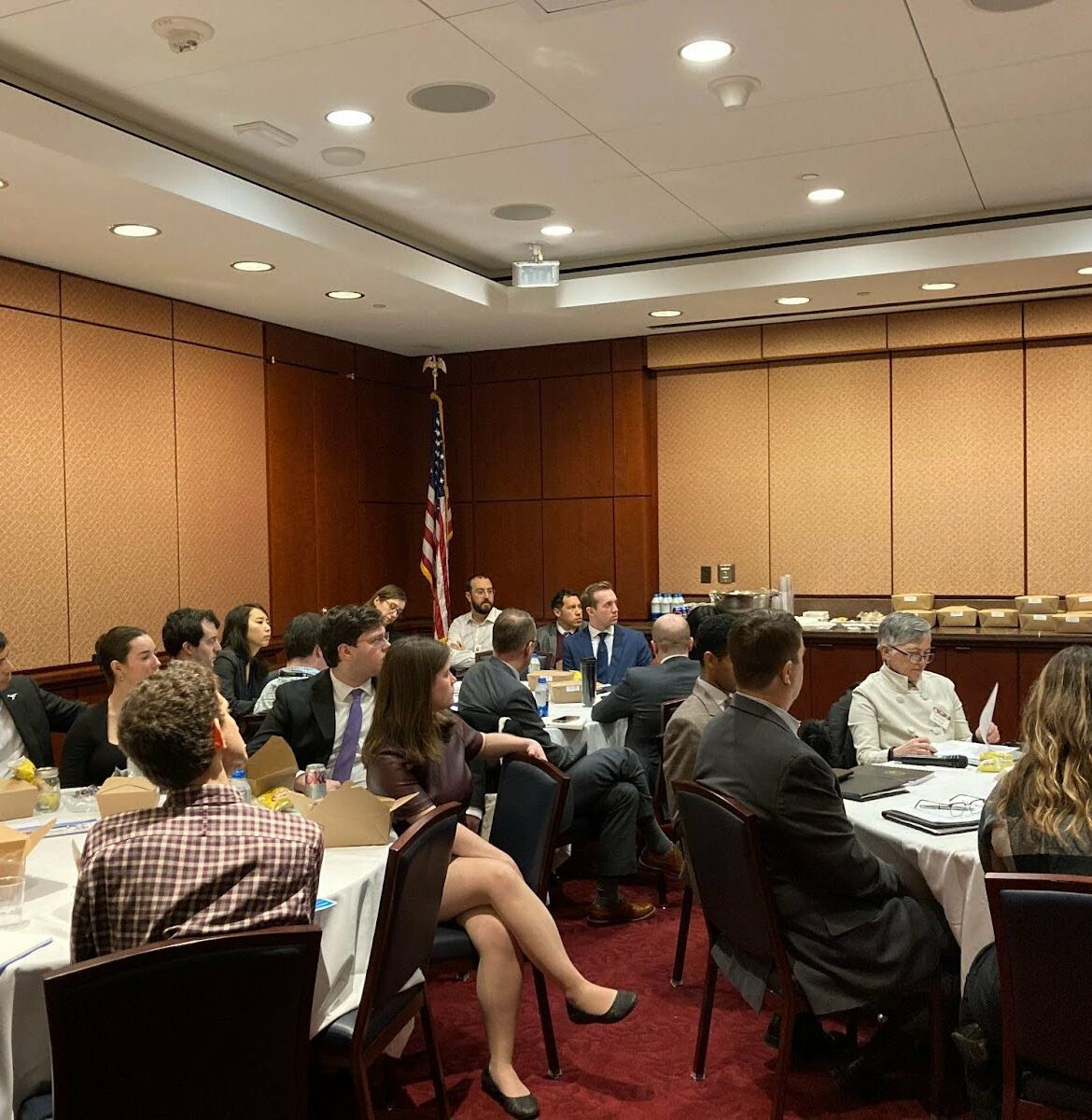
On January 23, 2024, Transportation for America, in partnership with the Bicameral Electrification Caucus, organized a roundtable discussion on Capitol Hill on the vital connection between smart growth and transportation electrification, and the strategies that need to be prioritized to achieve transportation equity and decarbonization goals in the next transportation reauthorization. When it comes to decarbonizing transportation it’s not about either-or. We need both electrification and more mobility choices to meet our emissions targets.
Don’t curb your e-thusiasm: Charging and the curb
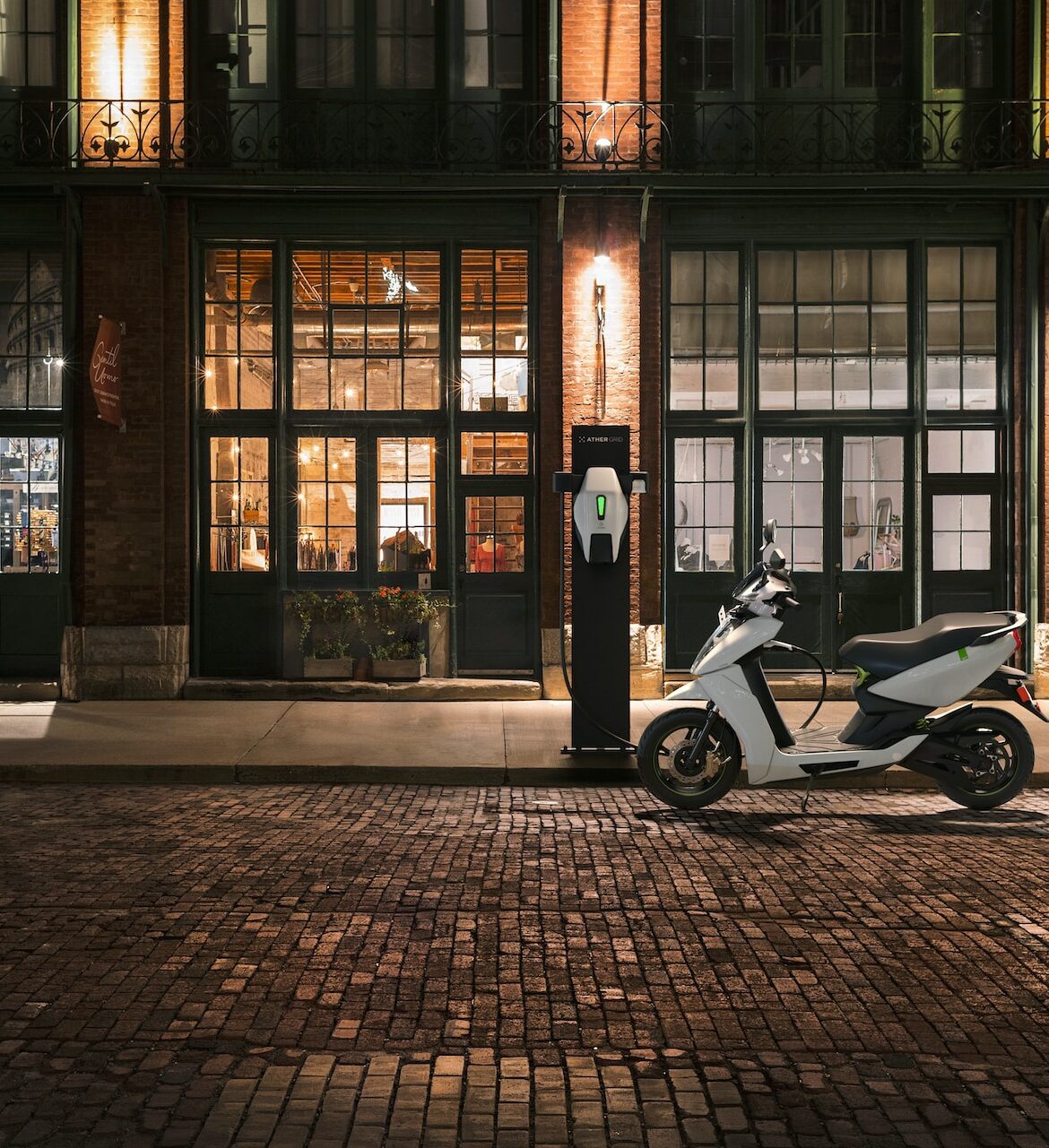
Electric vehicle charging at the curb presents unique challenges to meet equity, accessibility, and eligibility for federal programs.
Charging up EVs: Bridging the apartment gap
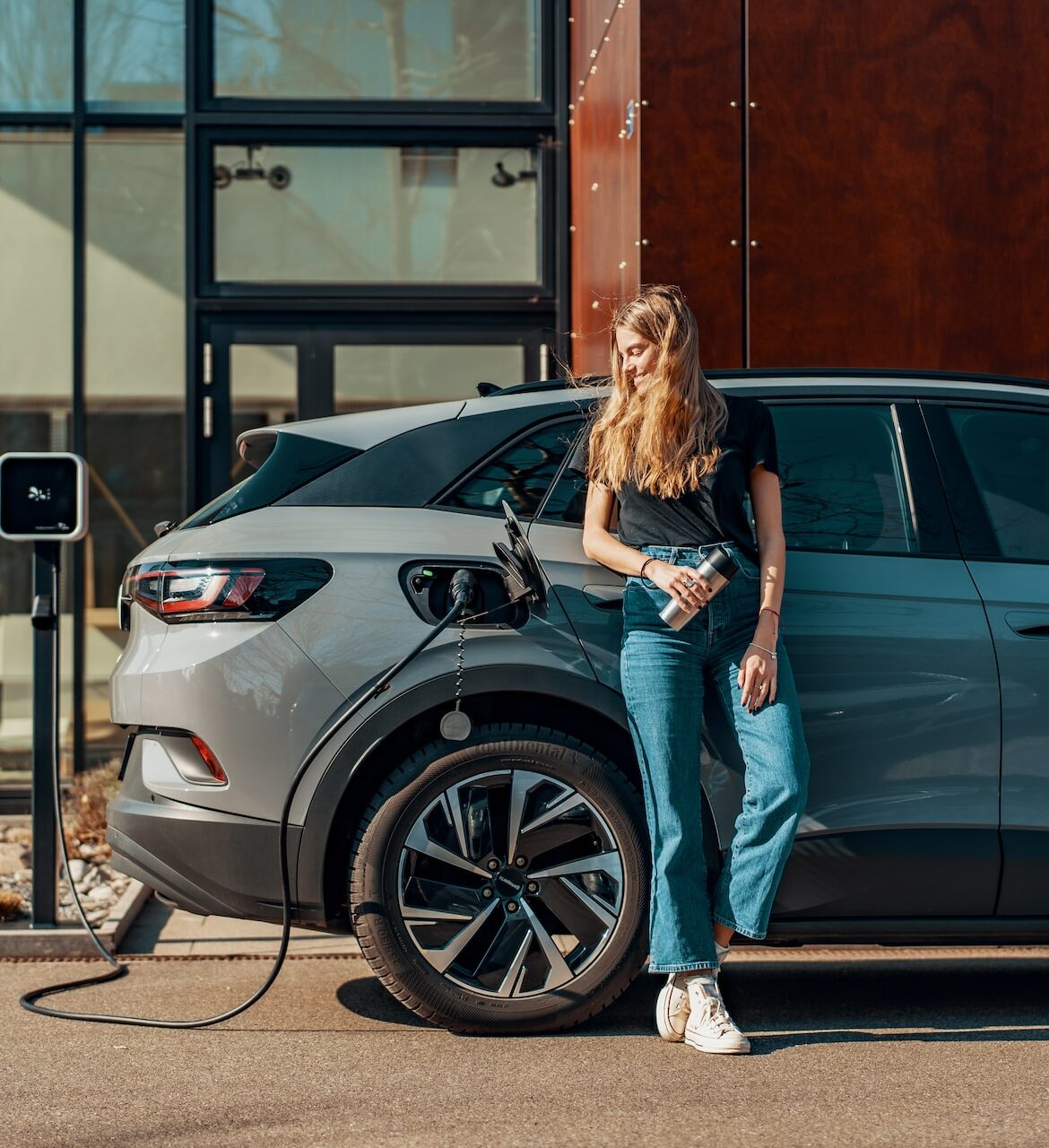
With the electric vehicle transition, access to transportation options like transit, walking and biking needs to come first. But—for smart growth and equity—equitable access to charging for apartment dwelling car-owners is an essential part of the picture.
Share the spark with EV carshares
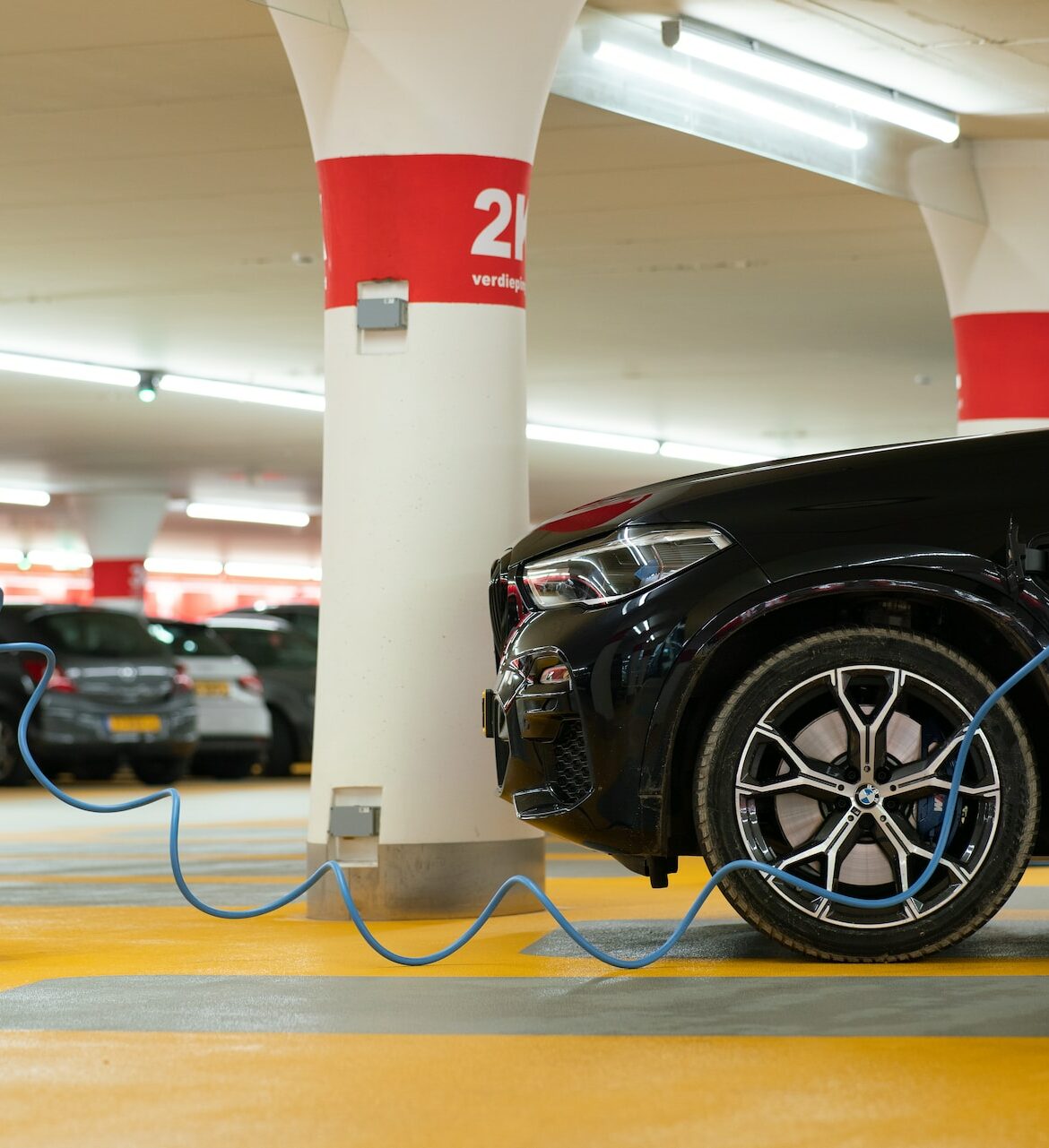
Electric vehicle (EV) carshare is an effective strategy in speeding the transition to zero emissions transportation, providing more affordable transportation options and syncing up with other smart growth solutions. This strategy is worthy of public investment.
We can advance EVs and smart growth at the same time
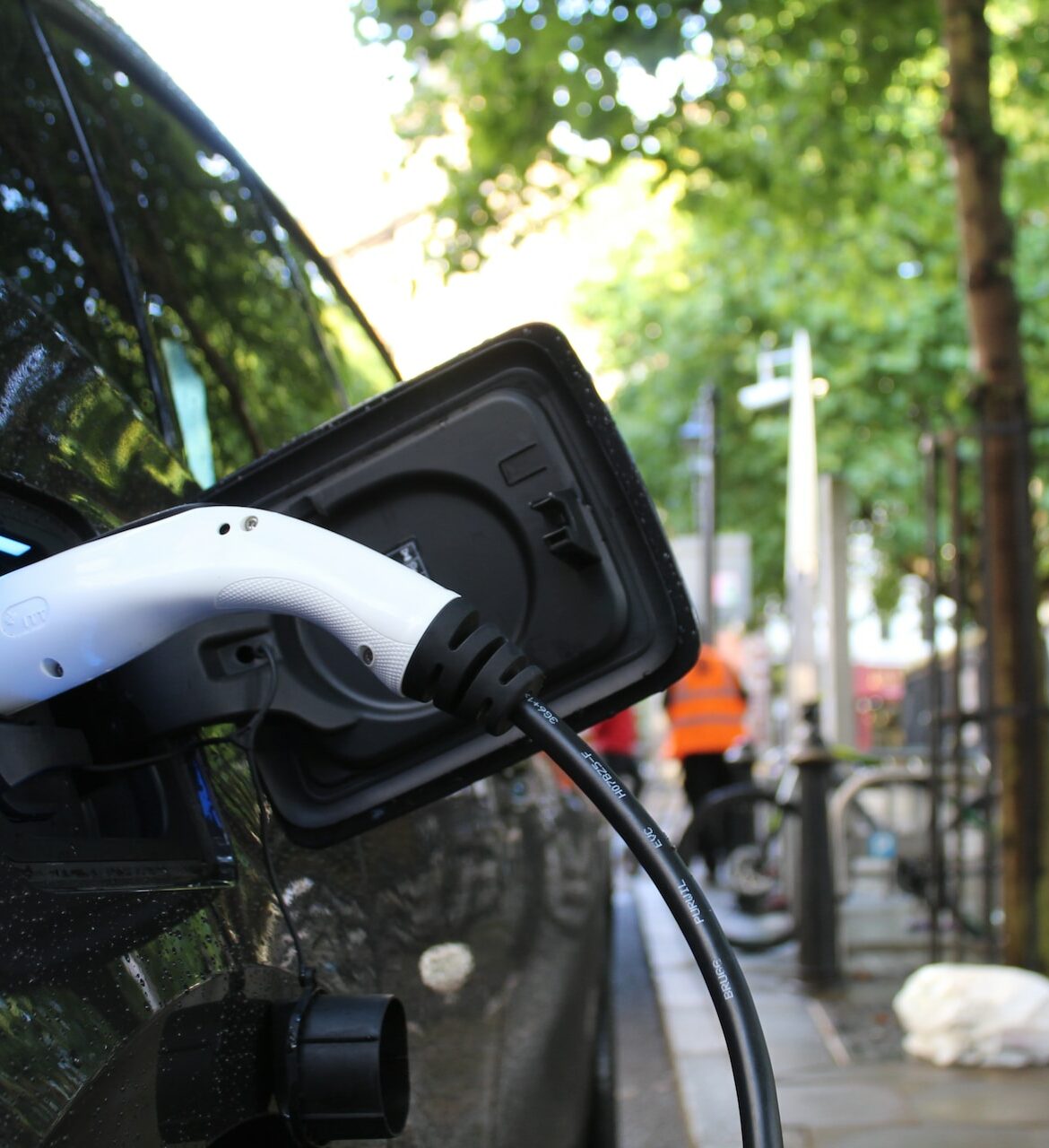
Many climate advocates and pro-climate decision-makers are focused on electrification as the primary, or even only, emissions reduction solution in the transportation sector. As smart growth advocates, we know that electrification is essential but insufficient to achieve our greenhouse gas reduction goals. How do we push transportation electrification forward in a way that supports essential smart growth goals?
Will EPA’s proposed emissions rule go up in smoke?
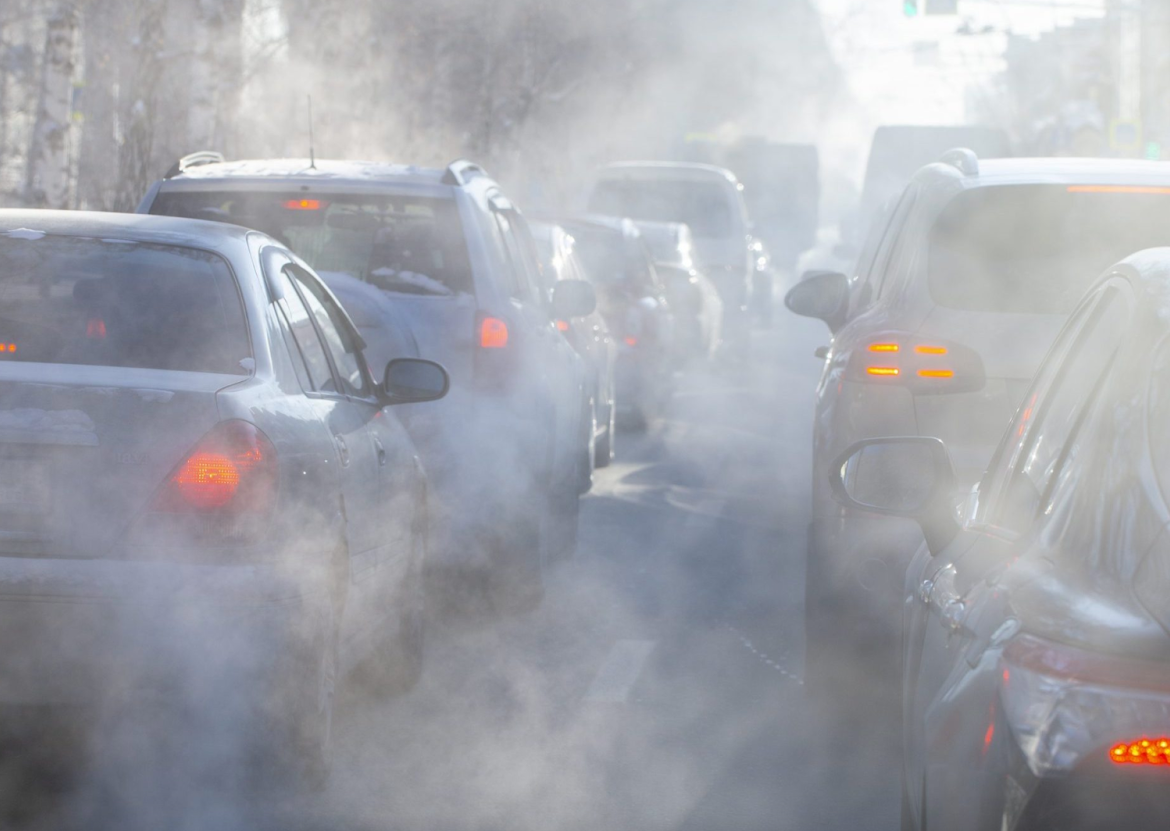
The EPA’s proposed tailpipe regulations could reduce carbon emissions across all types of vehicles over the coming decades. While reducing emissions produced on the road can only be part of our national climate strategy, the EPA’s rule could be a boon for communities thanks to the benefits of zero emissions vehicles. However, recent opposition means this rule’s future could be at risk.
Mining public funds for (minimal) private gain
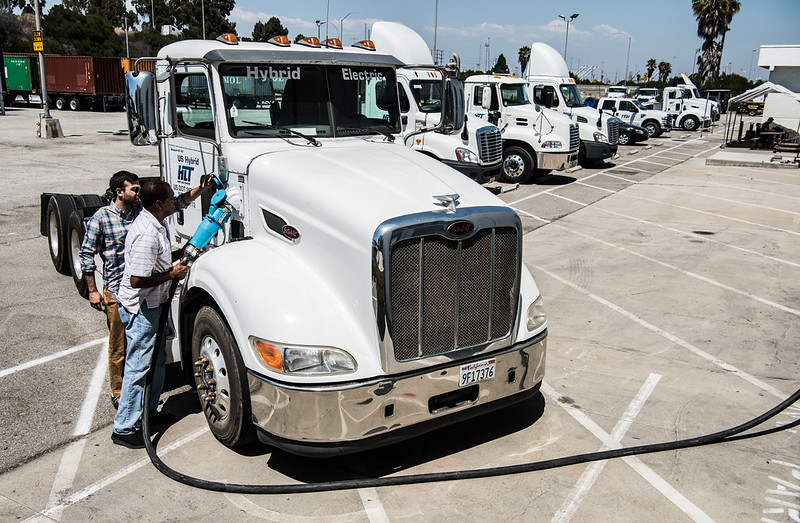
Lawmakers in Nevada have recently introduced legislation to set aside Carbon Reduction Program funds—about $3.9 million per year—for medium- and heavy-duty vehicle (MHDV) electrification. Although MHDV electrification is essential, assembly bill AB184’s method for doing so is inefficient, ineffective, and unnecessarily generous to private actors at the expense of taxpayers.
Sparking Progress: A new report on our electric future
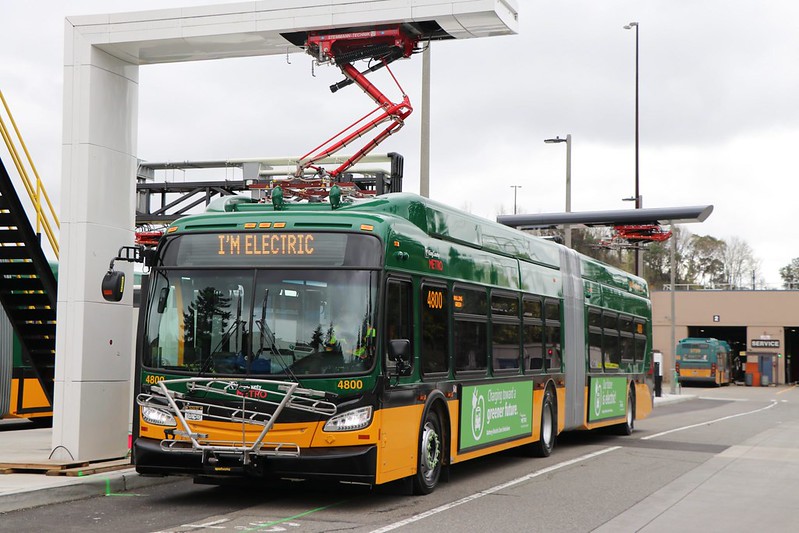
The federal government provided billions of dollars to make transportation cleaner and greener. But to reduce emissions, we need to do more than spend money on the same tired solutions. A new report from the Coalition Helping America Rebuild and Go Electric (CHARGE) explains how federal investments can advance equity and clean energy goals.
Electric carshare program meets multiple needs
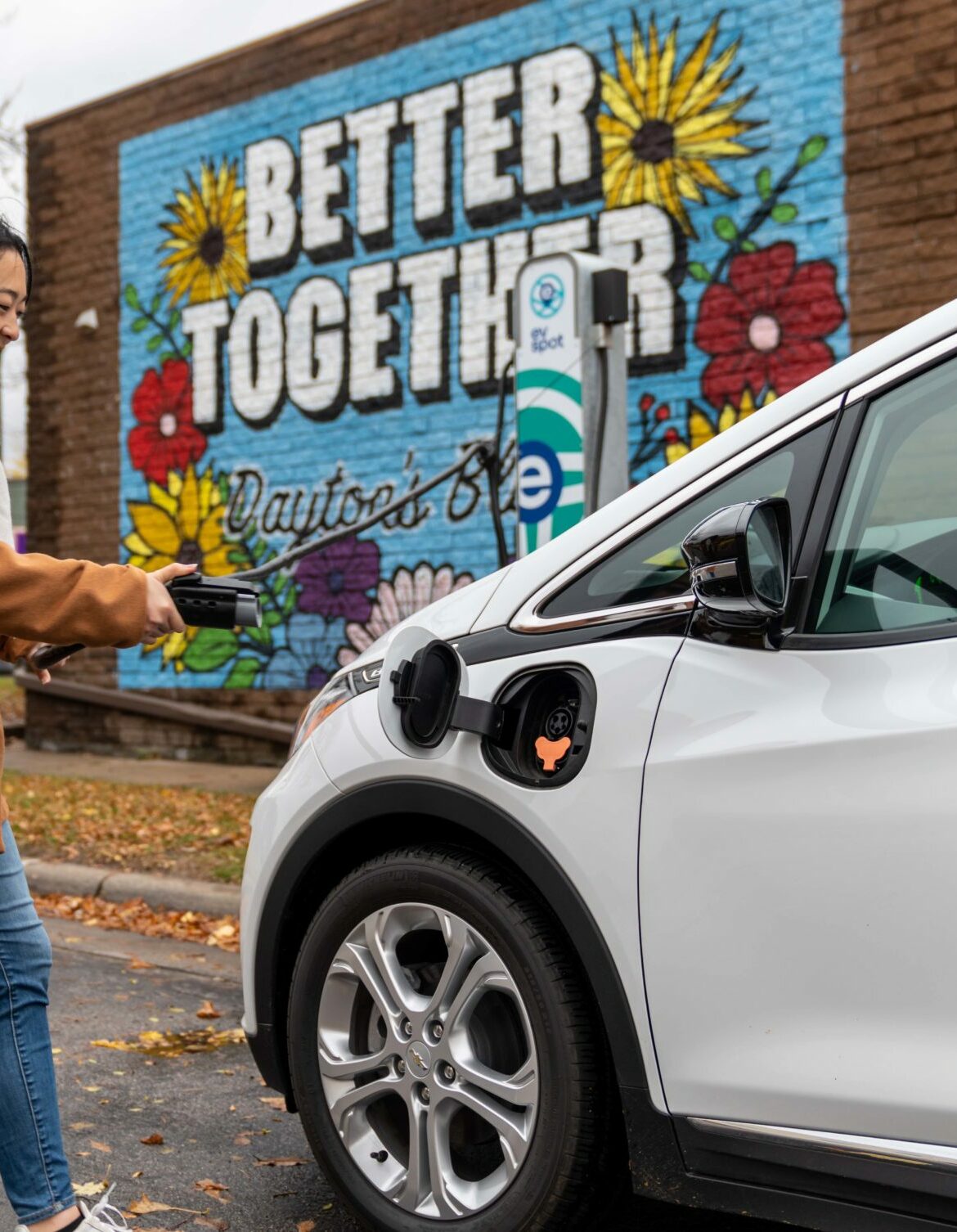
As the Biden administration invests in transportation electrification, the Twin Cities’ electric carshare program serves as a model for supporting the electric vehicle transition in a way that delivers affordable access to EVs for more people.
Three strategies for smart electrification
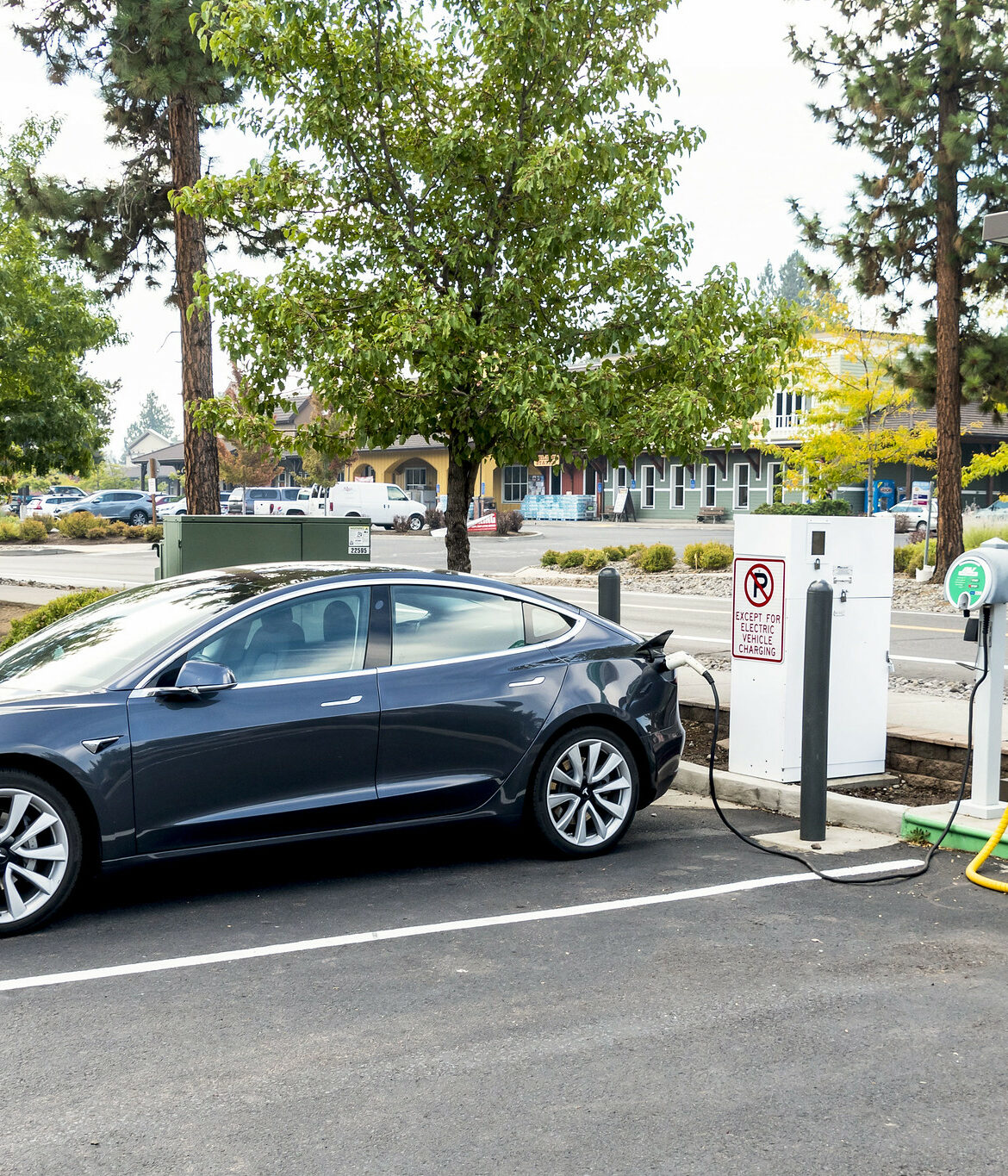
When it comes to the climate crisis, we at T4A have historically been focused on the land use and transportation options that can reduce driving to cut emissions. However, transportation electrification is also essential to reducing greenhouse gas emissions. Here are three key strategies for doing it right.
What’s missing in the new rule for EV chargers?
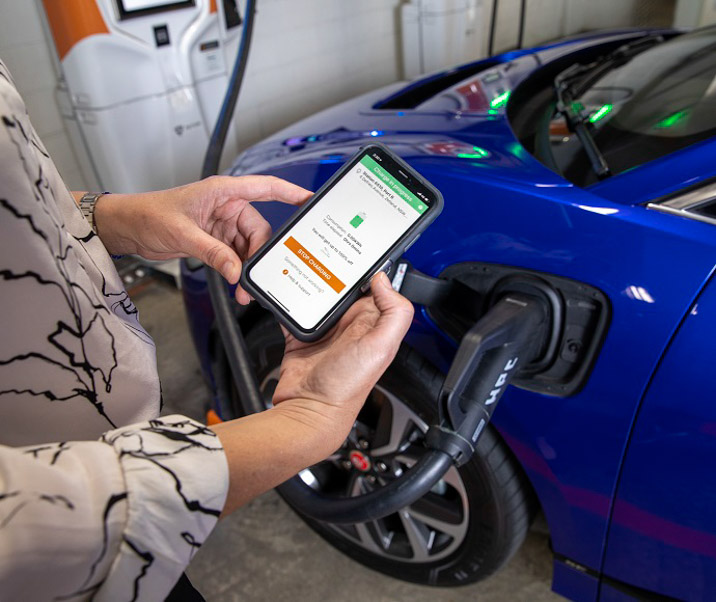
The Infrastructure Investment and Jobs Act (IIJA, or just “the infrastructure law”) created the National Electric Vehicle Infrastructure (NEVI) Formula Program, a five-year formula grant program meant to establish a national network of electric vehicle charging stations. On June 9, the Federal Highway Administration (FHWA) published a Notice of Proposed Rulemaking (NPRM) on how it plans to administer this program, opening the proposed rule for public comment.
Electric vehicles aren’t good for equity, but we should try
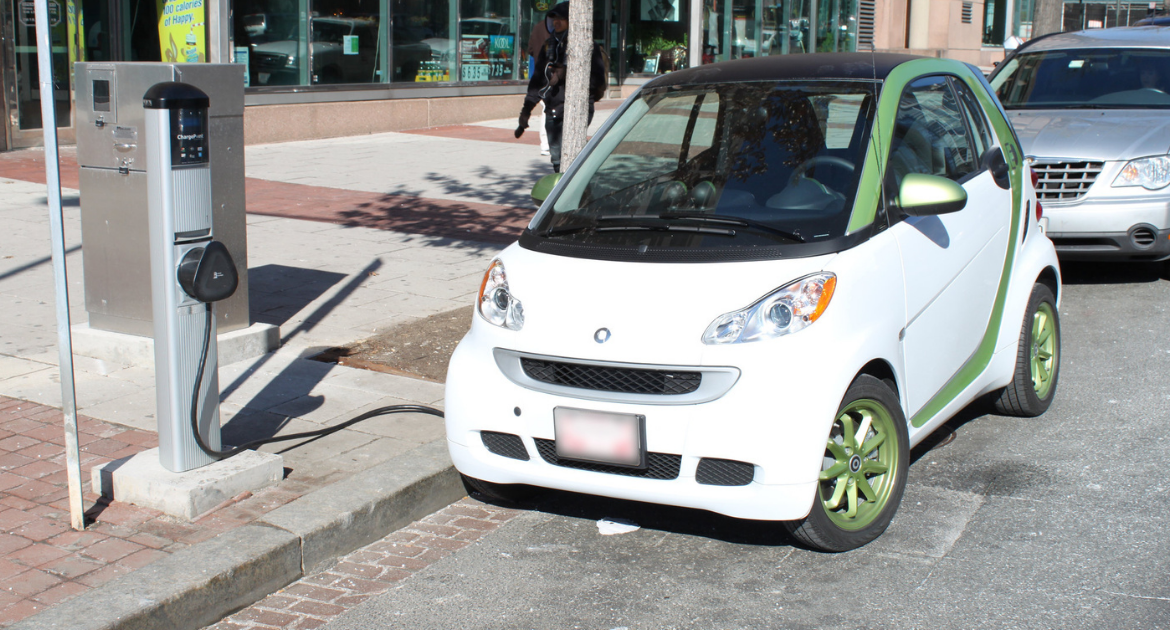
Electric vehicles, while vital for reducing emissions and meeting our long-term emissions reduction goals, are not a good strategy for improving existing inequities in transportation. But there are specific things we can and should do to make this transition more equitable than it otherwise would be.
Electric vehicles are good for emissions, bad for advancing equity
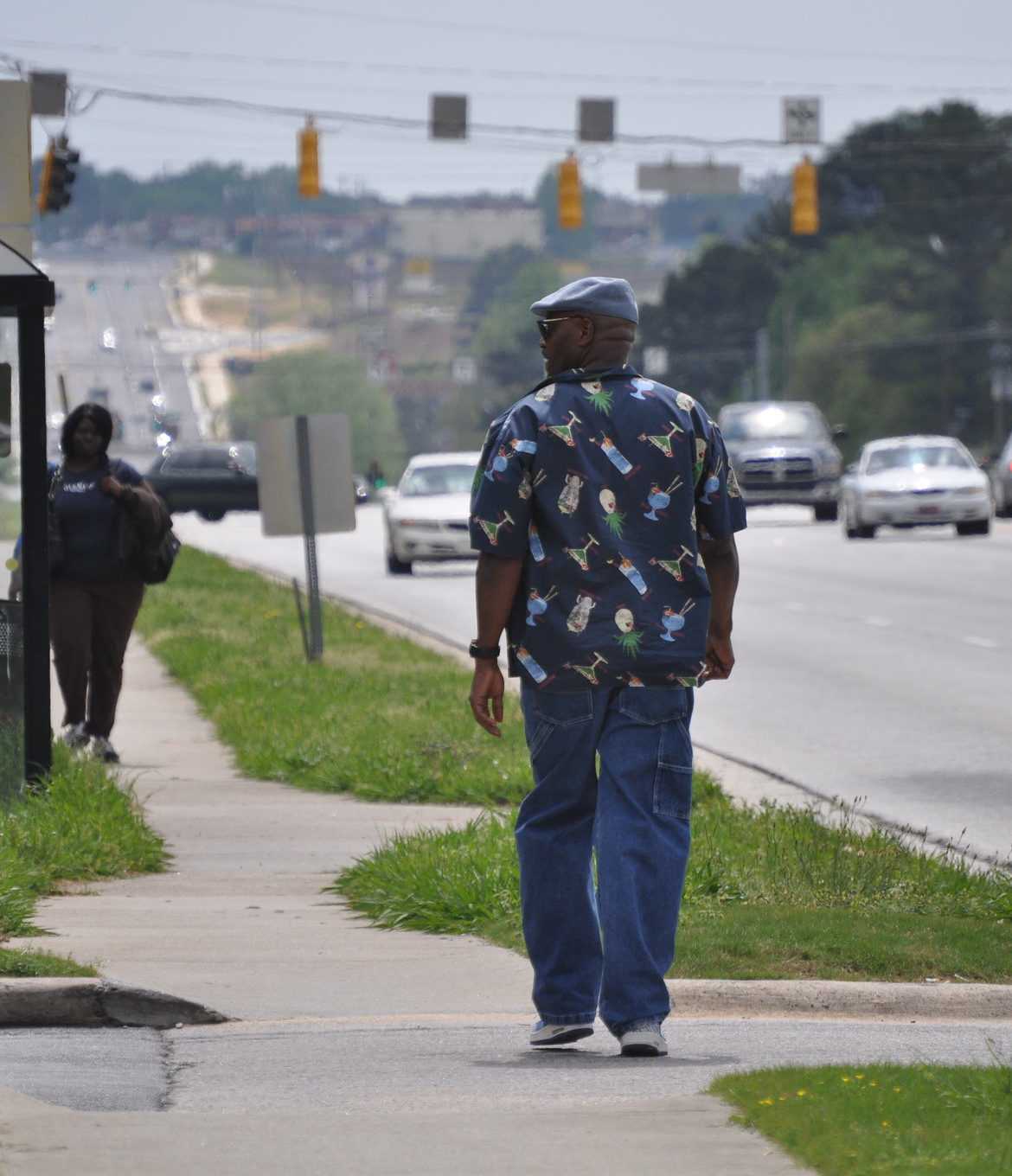
Climate funders, electric vehicle industry groups, and environmentalists are rightly confronting the question of how to address equity in the electric vehicle space. They may not like the answer.
More highways, more driving, more emissions: Explaining “induced demand”
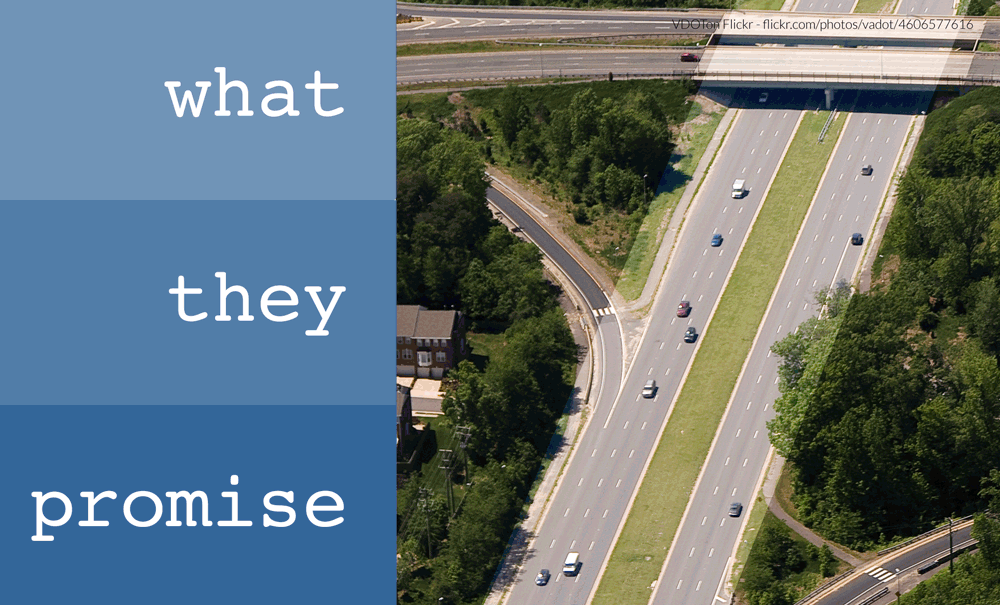
Even if we hit the most ambitious targets for changing our cars and trucks over to electric vehicles, we will fail to meaningfully reduce emissions from transportation without confronting this simple fact: new roads always produce new driving. This costly feedback loop referred to as “induced demand” is the invisible force short-circuiting the neverending attempts to eliminate congestion by building or expanding roads.
Federal transportation funding opportunities 101

There are ample opportunities for the infrastructure law to support good projects and better outcomes. These five in-depth, detailed guides explain the available federal programs for funding public transportation, passenger rail, Complete Streets and active transportation, and EV infrastructure.
WATCH NOW: Going #BeyondEVs in three webinars, including one with Sec. Anthony Foxx
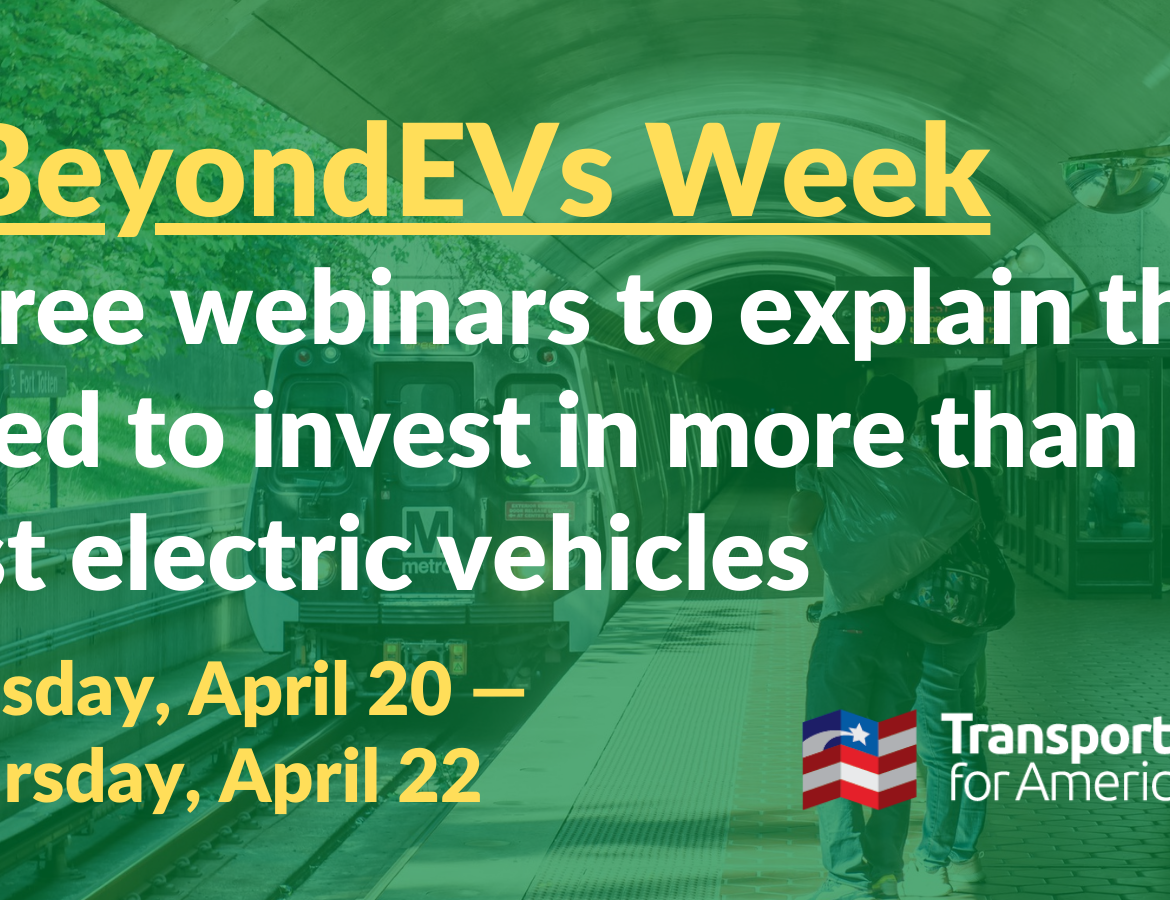
Electrifying vehicles is critical to reducing transportation emissions, but they can’t get the job done on their own—Americans need the freedom to drive less. In honor of Earth Day next Tuesday, we’re hosting three webinars diving into this issue, including one with former USDOT Secretary Anthony Foxx and Rep. Nikema Williams (GA-5).
Why Transportation for America joined an electric vehicle coalition
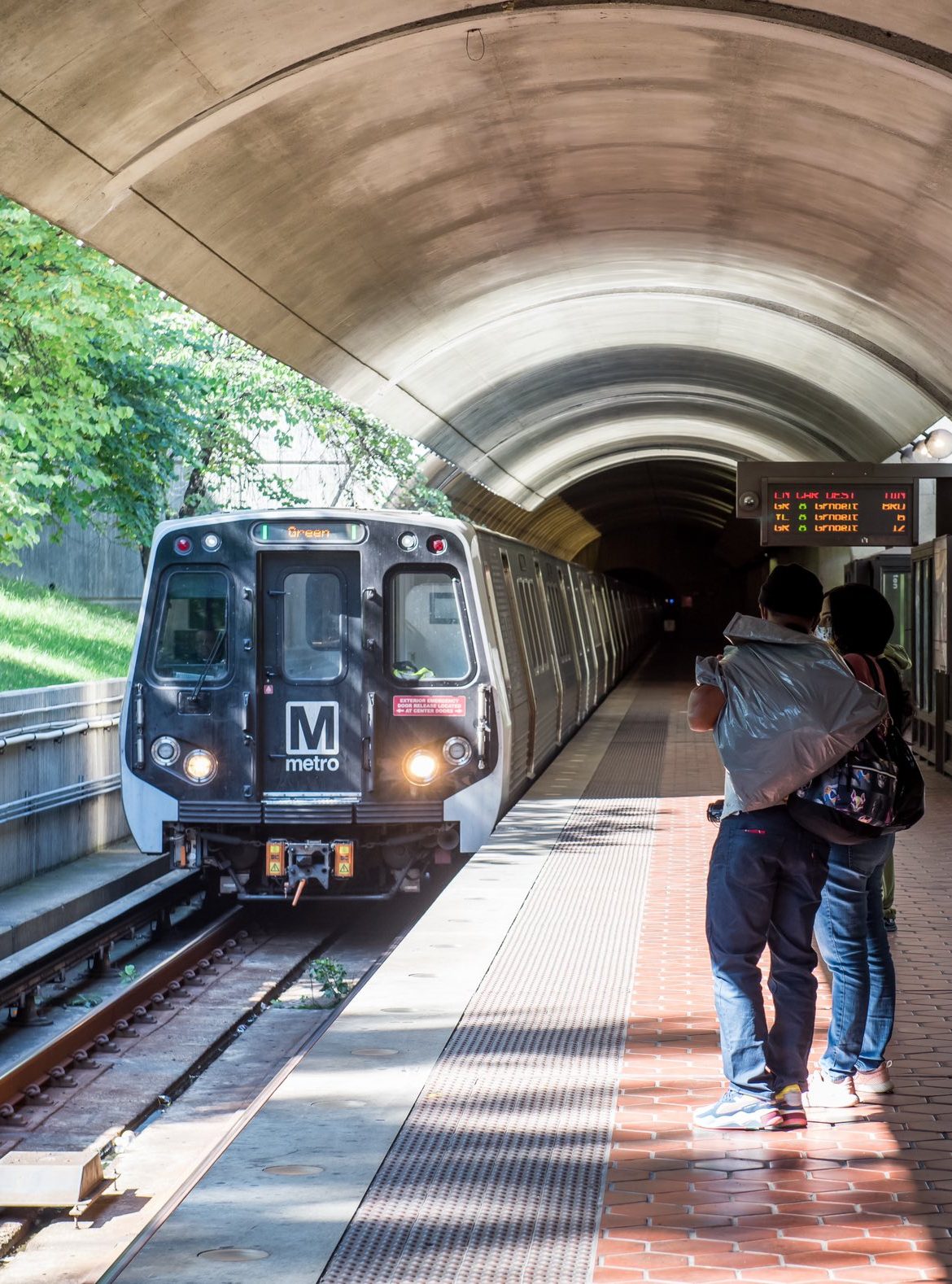
If you’ve been following Transportation for America for a while, you know that electric vehicles on their own aren’t enough to reduce emissions from the transportation sector—the largest source of U.S. emissions. That’s why we joined CHARGE, a new coalition of cross-industry stakeholders advocating for a holistic approach to electrifying the U.S. transportation network.
Everything we liked (and didn’t like) at Buttigieg’s Transportation Secretary confirmation hearing
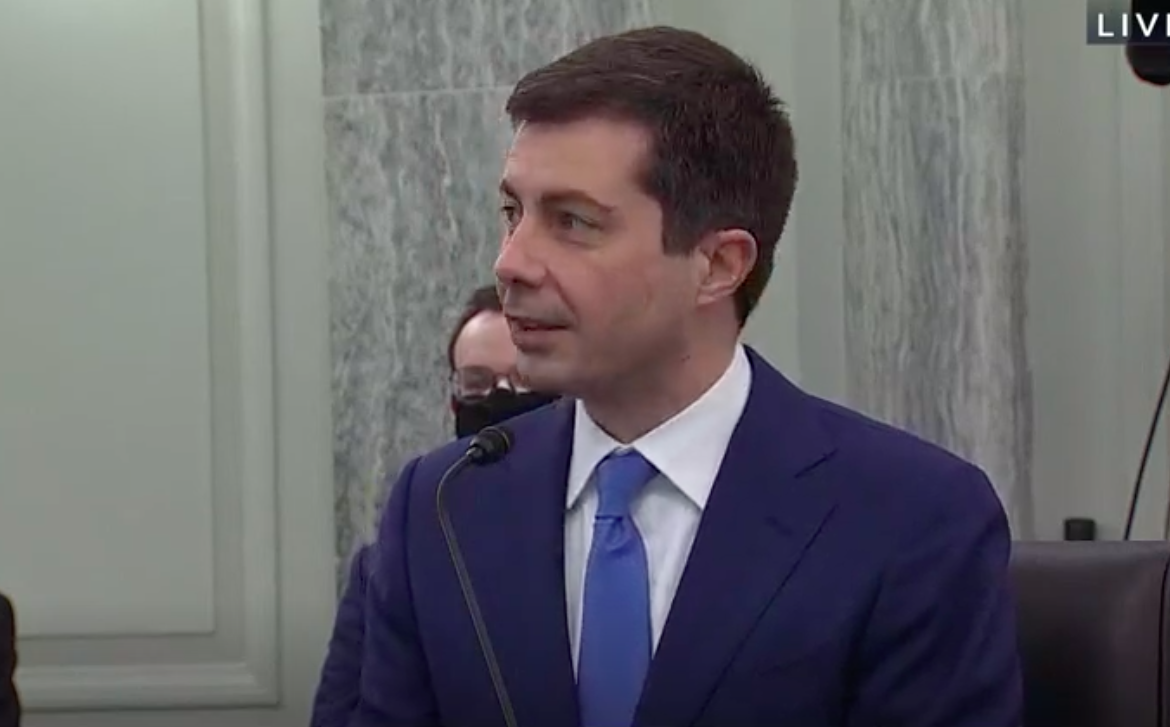
Last Thursday, former South Bend mayor Pete Buttigieg faced the Senate for questioning on his nomination to be Secretary of Transportation. We liked almost all of his answers, and we weren’t alone: Senator Tester said Buttigieg’s testimony was “refreshing.” Here’s what T4America liked and didn’t like from Buttigieg’s confirmation hearing.





